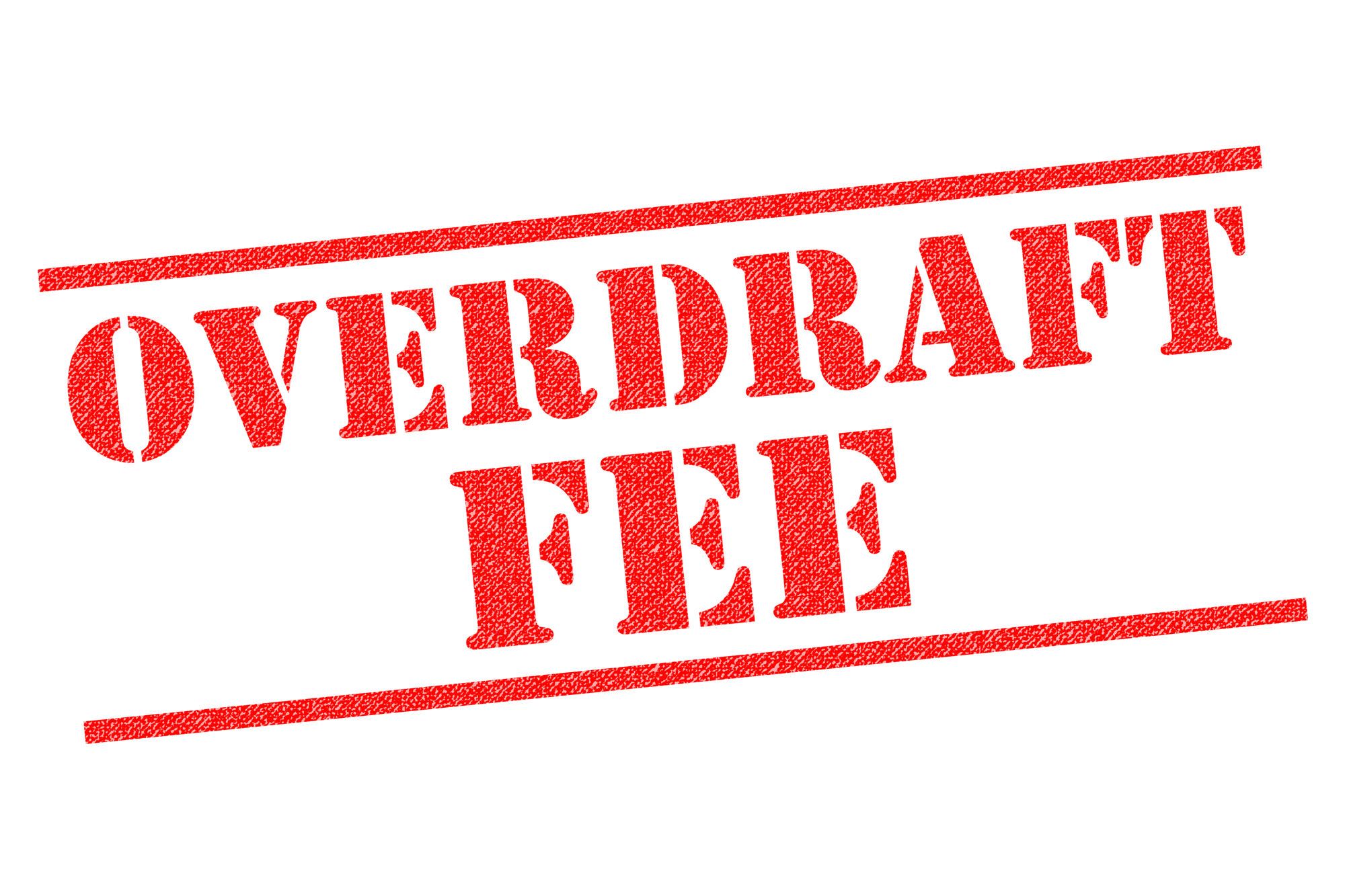Top Class Actions’s website and social media posts use affiliate links. If you make a purchase using such links, we may receive a commission, but it will not result in any additional charges to you. Please review our Affiliate Link Disclosure for more information.
Consumer attorneys are investigating a number of financial institutions, including Simmons Bank, for bank overdraft fee practices. Founded in Arkansas in 1903, Simmons Bank now operates in several states, including Arkansas, Colorado, Illinois, Kansas, Missouri, Oklahoma, Tennessee, and Texas. Simmons Bank refers to its overdraft program as “Simmons Bank Overdraft Privilege,” under which any overdrawn transaction will be charged a $35 fee. Under the bank’s policy, an account can be overdrawn up to $500, which includes any overdraft fees that were charged in the process.
What Exactly is an Overdraft Fee?
Consumers have the option to sign up for an overdraft protection plan with their bank or credit union. This means that if their account is overdrawn (they withdraw more money than the available balance) they are able to complete the transaction. For this service, the customer is charged an overdraft fee amount set by the bank, usually about $35. It’s important to note that overdraft fees compound— a fee is assessed for every transaction that overdraws the account —and can add up quickly.
Banks make a significant profit from charging overdraft fees, so they have an incentive for hiking overdraft rates and charging frequent fees. The Center for Responsible Lending (CRL) released a report saying that in 2017, big banks collected $11.45 billion in these fees. Unfortunately, overdraft fees are on the rise. Nine billion of the $11.45 billion was reportedly shared by just 20 banks that charged customers the highest volume of fees.
This staggering figure does not include overdraft fees charged by smaller banks and credit unions, meaning Americans paid even more in overdraft fees in 2017. Unfortunately, both banks and credit unions charge overdraft fees, so it’s difficult to escape.
How To Avoid Overdraft Fees
According to Nerd Wallet, there are several ways consumers can avoid overdraft fees, including:
- Opt-Out of Overdraft Protection: Banks can only charge overdraft fees if account holders have opted-in to overdraft protection. By opting out of these programs, consumers won’t be charged overdraft fees. However, a lack of overdraft protection can open up consumers to other fees such as NSF fees. In cases where the benefits of overdraft protection outweigh the risks, consumers can instead focus on minimizing the fees they are charged.
- Keep an Eye on Account Balances: With the rise of mobile banking, it’s easier than ever to monitor account balances. Checking these balances frequently can help consumers avoid over-drafting accounts with unnecessary transactions.
- Set Up Low Balance Alerts: In addition to checking balances regularly, consumers may be able to set up low balance alerts. These alerts notify consumers via email or text when their account balance falls below a certain threshold.
- Use Direct Deposit: By setting up direct deposit for paychecks, consumers can avoid the downtime of waiting for physical check to be deposited. This keeps account balances in the positive and, in turn, prevents over-drafting accounts.
- Get a Prepaid Debit Card: Using a prepaid debit card helps limit spending and ensures account balances won’t go into the negative.
Unfortunately, even if consumers follow these and other tips to avoid overdraft fees, they may still find themselves assessed several overdraft fees. In some cases, the fees may stem from unfair bank practices.
 Problems with Overdraft Fees
Problems with Overdraft Fees
While overdraft protection programs can be helpful for some consumers, they may actually pose a problem for others, especially those whose account balances are consistently low in the first place. On top of this, some financial institutions may engage in deceptive or unfair practices, making these fees more detrimental to consumers.
According to CRL Senior Researcher Peter Smith, the way we experience overdraft fees now is different than 15 or 20 years ago. Reportedly, the fees used to be an “occasional accommodation” for a low balance, but are now a major profit maker for financial institutions.
A problem with overdraft fees is that they hit low-income consumers the hardest, charging fees to those who have no money in their account. According to Responsible Lending, the Consumer Financial Protection Bureau reports that just 8% of banking customers pay 80% of all overdraft and NSF fees. The median number of fees incurred by consumers in this frequent-overdraft-fee category is 37 overdraft fees per year, which adds up to around $1,300 annually. Unfortunately, a person who is charged an overdraft fee can easily get trapped in a cycle of incurring more fees.
In some cases, a bank or credit union may charge as many overdraft fees as possible by reordering transactions from highest to lowest. In doing so, each subsequent transaction is increasingly likely to overdraw the account, which will then incur and compound the highest possible number of overdraft fees.
Another way consumers are hit with unexpected overdraft fees is by online bank account balances being different than the available balance. There may be some lag time between when a purchase is made and when the charge hits the account, resulting in unexpected overdraft fees charged to consumers who believed they had enough money in their account to cover a transaction.
Filing an Overdraft Fee Lawsuit
If you have been subjected to these or other unfair or deceptive overdraft practices or unexpected NSF fees by your bank or credit union, you may be able to file a lawsuit and pursue compensation.
Filing a lawsuit can be a daunting prospect, so Top Class Actions has laid the groundwork by connecting you with an experienced attorney. Consulting an experienced attorney can help you determine if you have a claim, navigate the complexities of litigation, and maximize your potential compensation.
ATTORNEY ADVERTISING
Top Class Actions is a Proud Member of the American Bar Association
LEGAL INFORMATION IS NOT LEGAL ADVICE
Top Class Actions Legal Statement
©2008 – 2024 Top Class Actions® LLC
Various Trademarks held by their respective owners
This website is not intended for viewing or usage by European Union citizens.
Get Help – It’s Free
Join a Free Bank Overdraft Fee Class Action Lawsuit Investigation
If your bank and credit union has engaged in deceptive overdraft fee practices, you may have a legal claim. Fill out the form on this page now to find out if you qualify!
An attorney will contact you if you qualify to discuss the details of your potential case.
PLEASE NOTE: If you want to participate in this investigation, it is imperative that you reply to the law firm if they call or email you. Failing to do so may result in you not getting signed up as a client or getting you dropped as a client.
In order to properly investigate overdraft fee claims, you may be required to disclose bank statements to overdraft fee attorneys. Please note that any such information will be kept private and confidential.


 Problems with Overdraft Fees
Problems with Overdraft Fees










